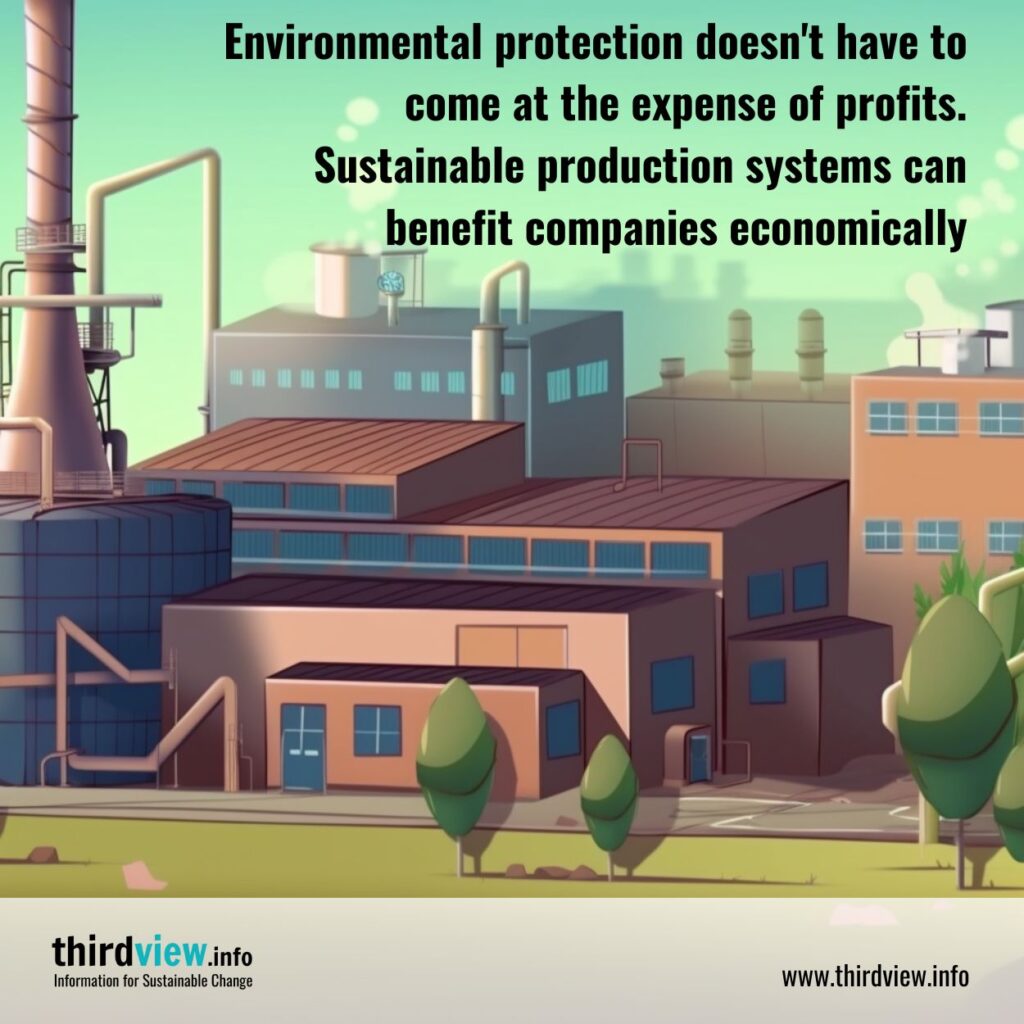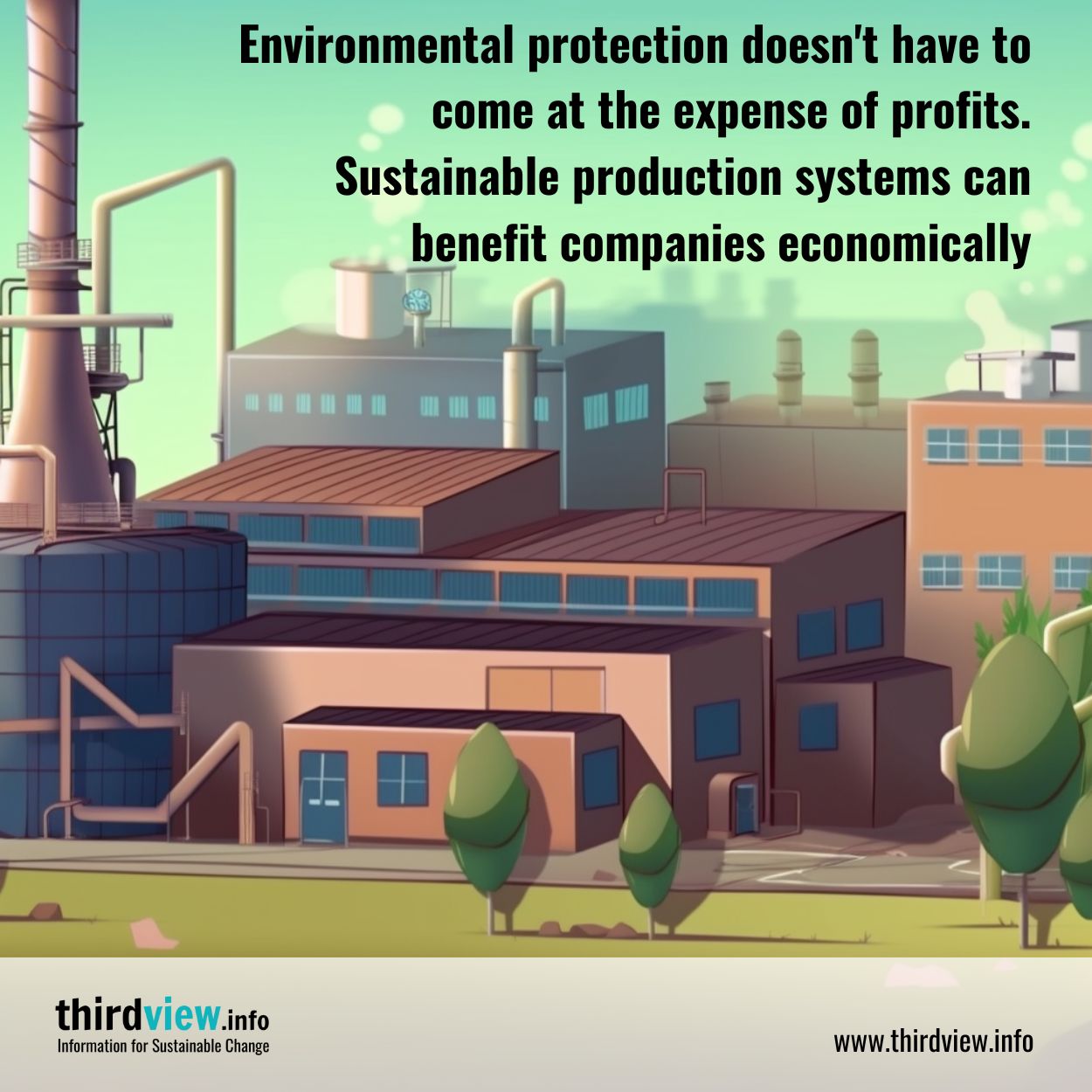Sustainable production systems are becoming increasingly prevalent in the business world. Companies are searching for ways to reduce their carbon footprint while still producing high-quality products. But what are the economics of sustainable production systems? Let’s take a closer look at this question.
What is a Sustainable Production System?
A sustainable production system is one that produces goods or services without compromising the environment or well-being of society. This means that businesses must find ways to produce goods or services in an economically, socially, and environmentally responsible manner. For example, companies may use renewable energy sources like solar and wind power instead of traditional fossil fuels. By using renewable energy sources, businesses can reduce their emissions and support clean energy initiatives while still remaining profitable.
The Cost of Sustainable Production Systems
The cost of transitioning to sustainable production systems can be quite substantial, as companies have to invest in new technologies and processes to ensure that their factories are running efficiently. This includes investing in renewable energy sources such as solar panels, wind turbines, and geothermal heat pumps; installing efficient lighting fixtures; and utilizing water conservation methods. In addition, companies must sometimes purchase new equipment such as water filtration systems and air purification devices. All these investments come with a hefty price tag, but they can drastically reduce a company’s environmental impact over time.
The Benefits of Sustainable Production Systems
In addition to reducing environmental damage, sustainable production systems can also provide economic benefits for companies. By reducing energy consumption and waste output, companies can cut down on costs associated with transportation, storage, packaging materials, labour costs, etc. In addition, many countries offer incentives to businesses that utilize sustainable production systems—such as tax breaks or subsidies—which further reduce costs and increase profits. Finally, sustainability initiatives often attract customers who want to support eco-friendly businesses and products. These customers may be willing to pay more for goods produced using sustainable methods, thus increasing revenues for the business in question.
Sustainable production systems offer numerous economic benefits for businesses that choose to adopt them. While there is an initial cost associated with transitioning from traditional methods of production, the long-term savings from reduced energy costs and increased customer demand can often more than make up for it. In addition, eco-friendly businesses may qualify for certain incentives or subsidies offered by governments around the world which can further reduce costs associated with sustainability initiatives. Overall, businesses should carefully weigh the costs and benefits before making the switch—but it’s clear that sustainable production systems offer multiple advantages in terms of both environmental protection and economic gain.


